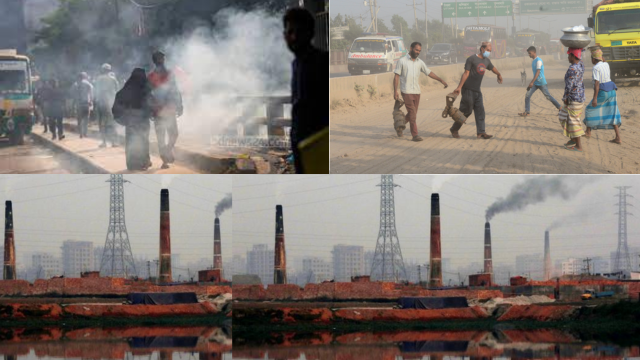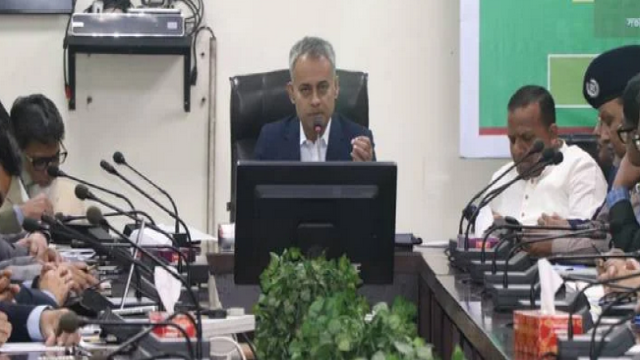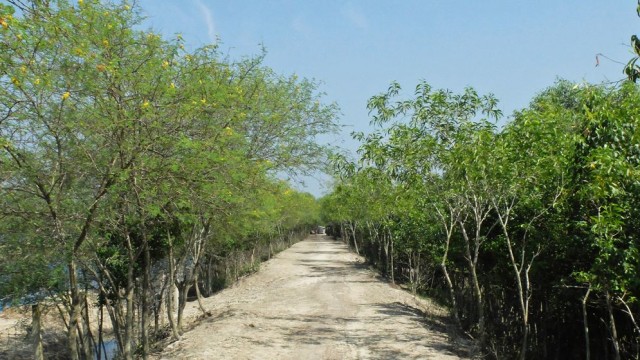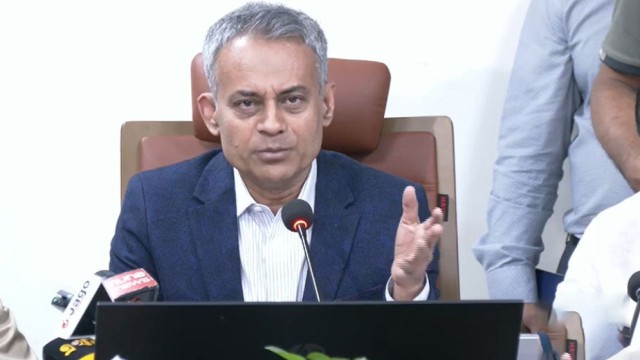This morning, Dhaka's air quality was classified as "unhealthy," with an air quality index (AQI) score of 172 at 8:06 am. This placed Dhaka fifth on the global list of cities with the poorest air quality.
Chiang Mai in Thailand, Lahore in Pakistan, Beijing in China, and Delhi in India occupied the top four spots on the list, with AQI scores of 224, 186, 185, and 173, respectively.
An AQI between 150 and 200 is considered "unhealthy," while a score between 201 and 300 is labeled as "very unhealthy." Any reading exceeding 301 is deemed "hazardous," posing severe health risks to residents.
In Bangladesh, the AQI is determined based on five criteria pollutants, including Particulate Matter (PM10 and PM2.5), NO2, CO, SO2, and Ozone.
Dhaka has been grappling with air pollution issues for a long time, with air quality typically deteriorating in winter and improving during the monsoon season.
Air pollution is a significant global health concern, consistently ranking among the top risk factors for death and disability worldwide.
According to the World Health Organization (WHO), air pollution claims an estimated seven million lives annually, primarily due to increased mortality from stroke, heart disease, chronic obstructive pulmonary disease, lung cancer, and acute respiratory infections.






























Comment: